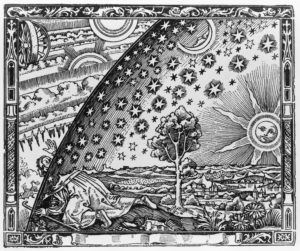Finding Meaning in the Age of Neurocentrism – and in a Transhuman Future
Written by Mette Leonard Høeg
Through the ordinary state of being, we’re already creators in the most profound way, creating our experience of reality and composing the world we perceive.
Rick Rubin, The Creative Act
Phenomenal consciousness is still a highly mysterious phenomenon – mainly subjectively accessible, and there is far from scientific consensus on the explanation of its sources. The neuroscientific understanding of the human mind is, however, deepening, and the possibilities of technologically and biomedically altering brain and mind states and for engineering awareness in technological systems are developing rapidly. Read More »Finding Meaning in the Age of Neurocentrism – and in a Transhuman Future


